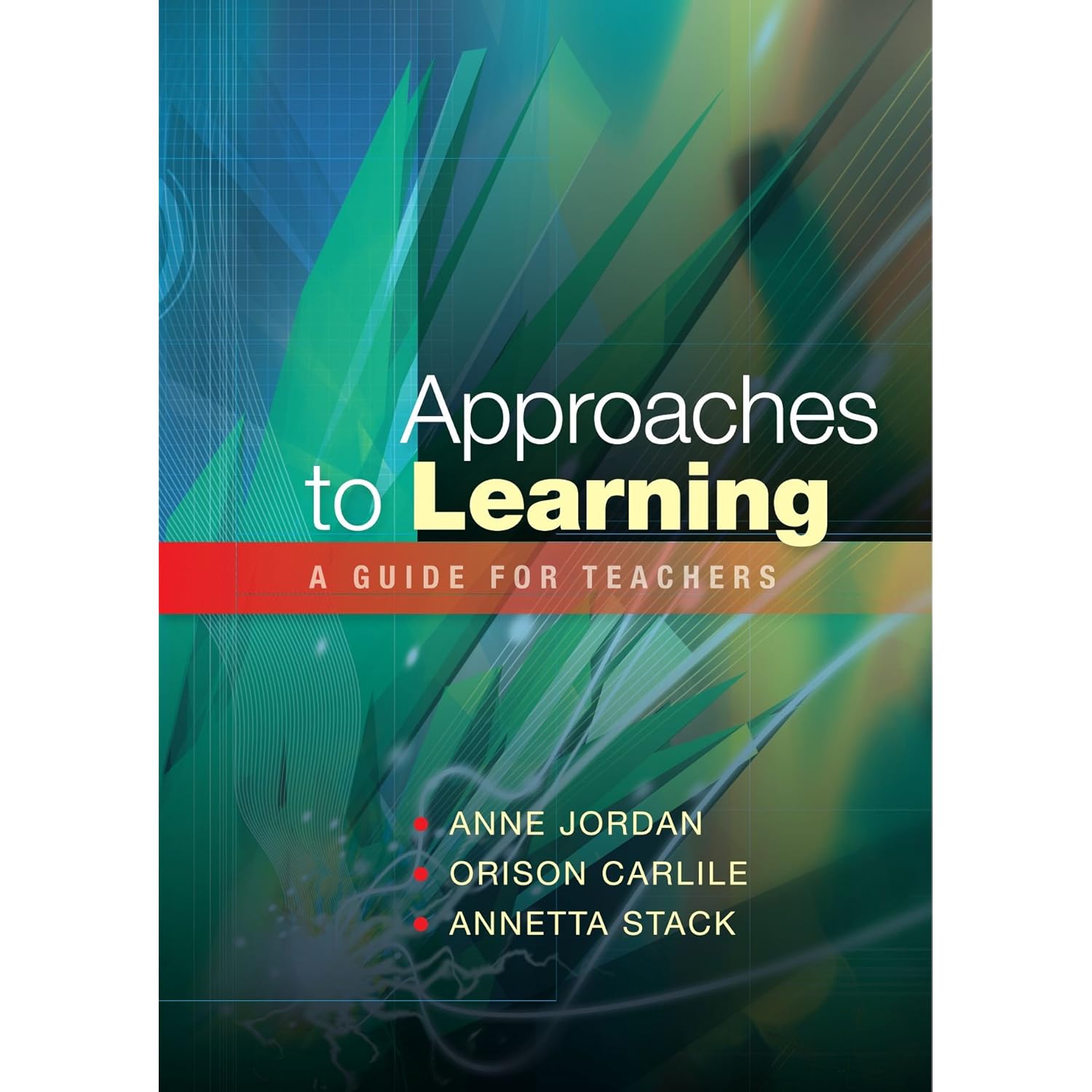"Approaches to Learning: A Guide for Teachers" by Jordan et al.
This is the 4th post in my blog series reviewing a bunch of education literautre. The other posts can be found here:
- "When good teaching leads to bad results: The disasters of well taught Mathematics courses" by Alan Schoenfeld
- "A quick-start guide to the moore method" by Mahavier et al.
- "The inverted classroom in a large enrolment introductory physics course: a case study" by Simon Bates and Ross Galloway

Here's a list of the Chapters (I'm not going to get sued for that right?):
- Philosophy of education
- Behaviourism
- Cognitivism
- Constructivism
- Social Learning
- Cultural Learning
- Intelligence
- Life course development
- Adult learning
- Values
- Motivation
- The learning body
- Languages and learning
- Experiential and competency-based learning
- Blended learning
- The future
I posted one particular quote I liked here on G+:
"Even in distance or online learning contexts, it is important to create a learning environment that allows for the possibility of multiple interpretations in order to guide learners towards a better understanding of concepts."I liked the quote but asked if it was relevant to Mathematics, is there room for interpretation in the meaning of a theorem?
+Theron Hitchman responded by saying that in fact he often discussed the interpretation of everything in class, including theorems (Theron, I apologise for paraphrasing you). I thought that was pretty cool as it must be an immediate way to gain feedback as to the understanding of theorems (not just their proofs).
I've read the first 4 chapters pretty closely and there are some great things in there. In particular I think it's helped me identify myself as a Social Constructivist and I like the idea of a Zone of Proximal Development described by Vygotsky.
I've actually attempted (with quite a low level of confidence) to "summarise" the first 4 chapters in the following picture:
"If knowledge can be accessed in a multiplicity of ways, then learners will choose teachers for their ability to engage, both with the knowledge and the learning. It will require a different set of aptitudes from the teacher, requiring artistry rather than a set of technical skills. Teachers will have a role in motivating learners through personal coaching, and in scaffolding support learners in their personal projects. Teachers will be freed from knowledge transmission or duplication, to act as critical friends and guides for learners."Conclusion
I think this book really is great. Lots of stuff in there looking at various aspect of teaching and learning. Further more each chapter has a bunch of other references which prove the book to be a great reference text to have on my bookshelf (shame that there's no kindle edition...).
Here's my "PCUTL Mark" out of 10 which I'm using to say how useful this piece of literature is to me in the scheme of my pcutl portfolio (so it's not meant as a reflection of the quality of the paper which is subjective):
PCUTL Mark: 9 (As far as utility to my portfolio is concerned, I doubt I'll find more useful as I need to specifically consider various pedagogic models which are all nicely explained in this book.).
No comments:
Post a Comment